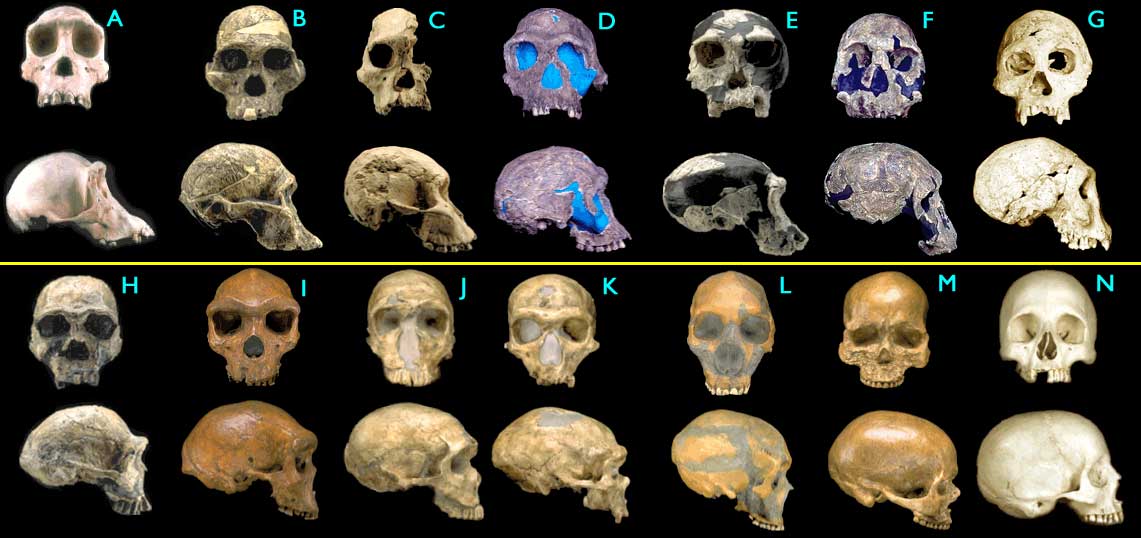How do you know that there was an origin of the universe?
I don't.
Perhaps you might lean towards some fanciful notion about the origin of life. This topic is way beyond any intelligent conversation
Not really. Take a biochem class. It's actually some really interesting chemistry. Nothing particularly bizarre or "magical".
, there is no data set available on the first life form. All I have seen is debate, strong debate about what may constitute these early life forms. Life from non life, highly unlikely.
Why would it be "highly unlikely"? I mean life is made up
only and exclusively from regular non-life chemicals (C,H,N,O,S,P, etc.)
Mere speculative assertions, there is a lack of the necessary observations to establish that the actual chemistry was that existed 9 billion years ago.
What do you mean the actual chemistry that existed 9 billion years ago? How was chemistry different 9 billion years ago than it is today?
Seriously Obliquinaut, an alien race could have established life on this planet for all we know.
Well, except for no actual evidence for that, but that only pushes the origin of life back to how that alien life form started.
This is one of the problems when viewing anything, without the complete set of the necessary observations, speculation will abound. Oh it sure looks like the events x and y occurred, but because we never directly observed the events,x and y, we cannot establish any certainty about these events.
I don't know why some people on this forum seem to think science only works when one can "directly observe" an event. You can then say good bye to "electrons". It also takes out forensic science since I assume not every crime is witnessed directly by the forensic scientist who investigates it.
Again, that isn't how science works.
Take it from a scientist (or several on this thread alone): science comes from observing the
data and working out an hypothesis that explains the data reliably and with the fewest factors necessary.
Don't get me wrong: observing an event is great! But it really isn't necessary if the data is there.
I thought that the opposite was true, a vast lack of the intermediate forms in the evolutionary tale. See how we view the data differently.
There are quite a few intermediate forms.
You have been conditioned to accept partial evidence as a huge amount of evidence in the fossil record.
"Conditioned"? Howso? I wonder what your experience is as a working scientist. Perhaps you can tell me how
you do your science.
I cannot accept the idea of a random event.
I'm sorry, I forget not everyone has sufficient education in the sciences. What I meant by "random" was a
random SAMPLE. Random samples are at the heart of just about every statistical study you will ever see and that makes it at the heart of just about every science article you'll read in one way or another.
It's not a RANDOM EVENT, it's a RANDOM SAMPLE. You should really learn some of this topic.
All the samples will never represent the respective populations, they can never be random samples in the first place.
First off: ALL THE SAMPLES
IS the population. The "population" is every member of a set. A SAMPLE is a smaller subset of the set.
As for the true randomness of the sample, well that is indeed debatable. Of course only certain things will be preserved and there may be some particular bias but when you factor in the millions upon millions upon millions of fossils gathered around the world you'd be hard pressed to figure out what a specific bias would yield a finding that somehow comes to a dramatically different conclusion than "evolution".
(You could always say "most life forms that die and can be rapidly buried, ie near water, will be preserved more likely than on dry land, but even then we find enough land animals that are fossilized to let us know this bias isn't necessarily problematic for our sampling.)


